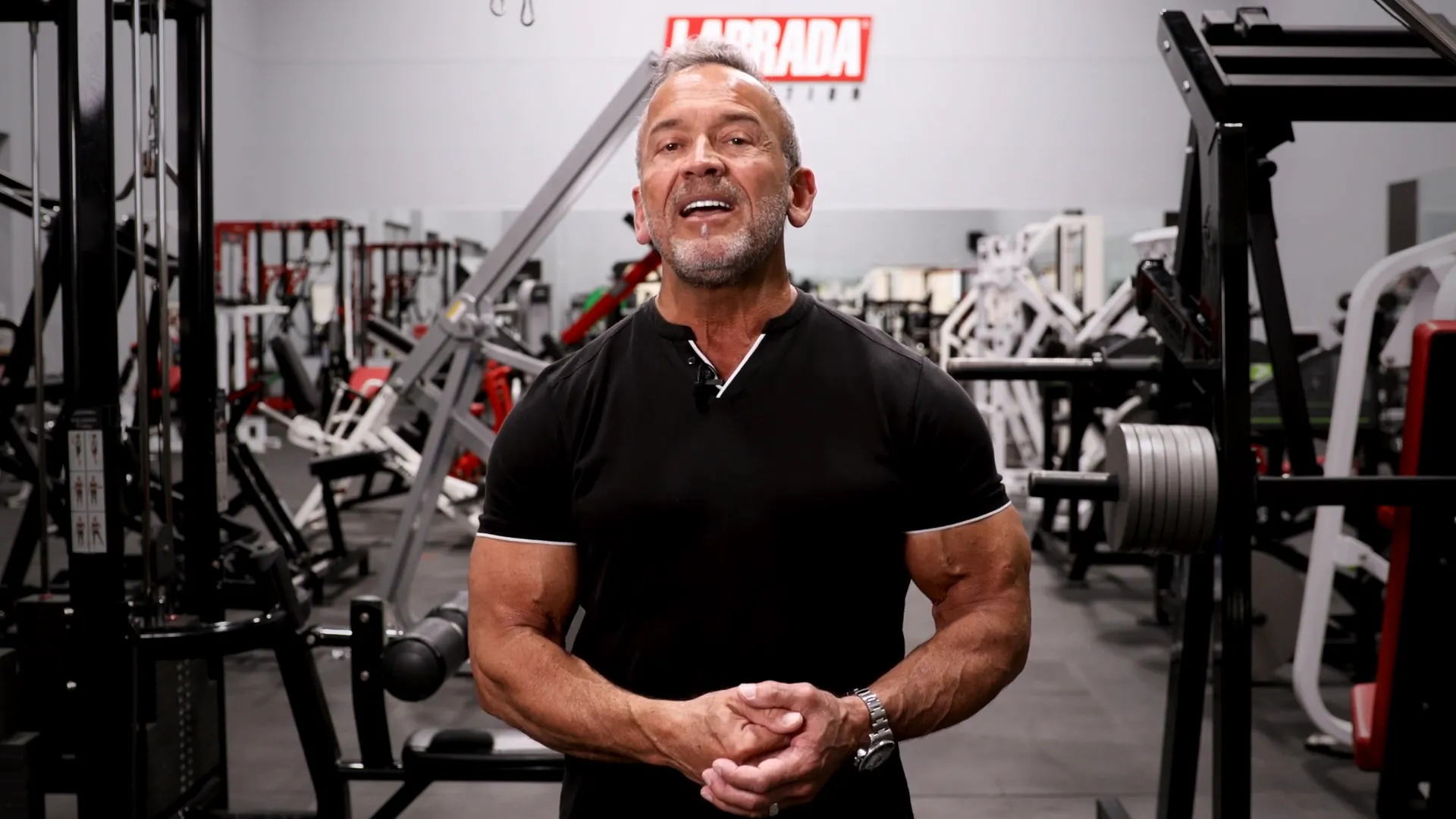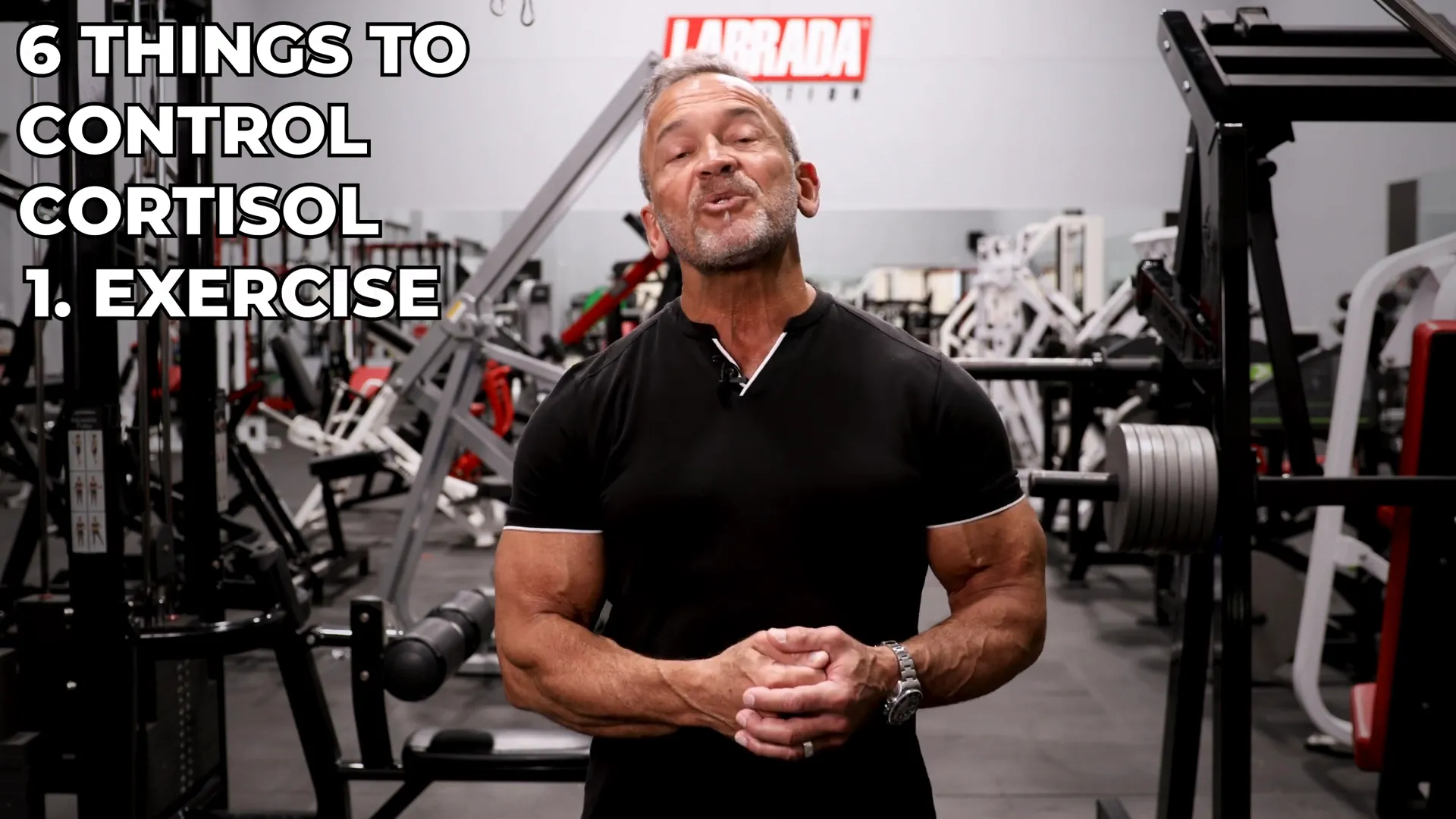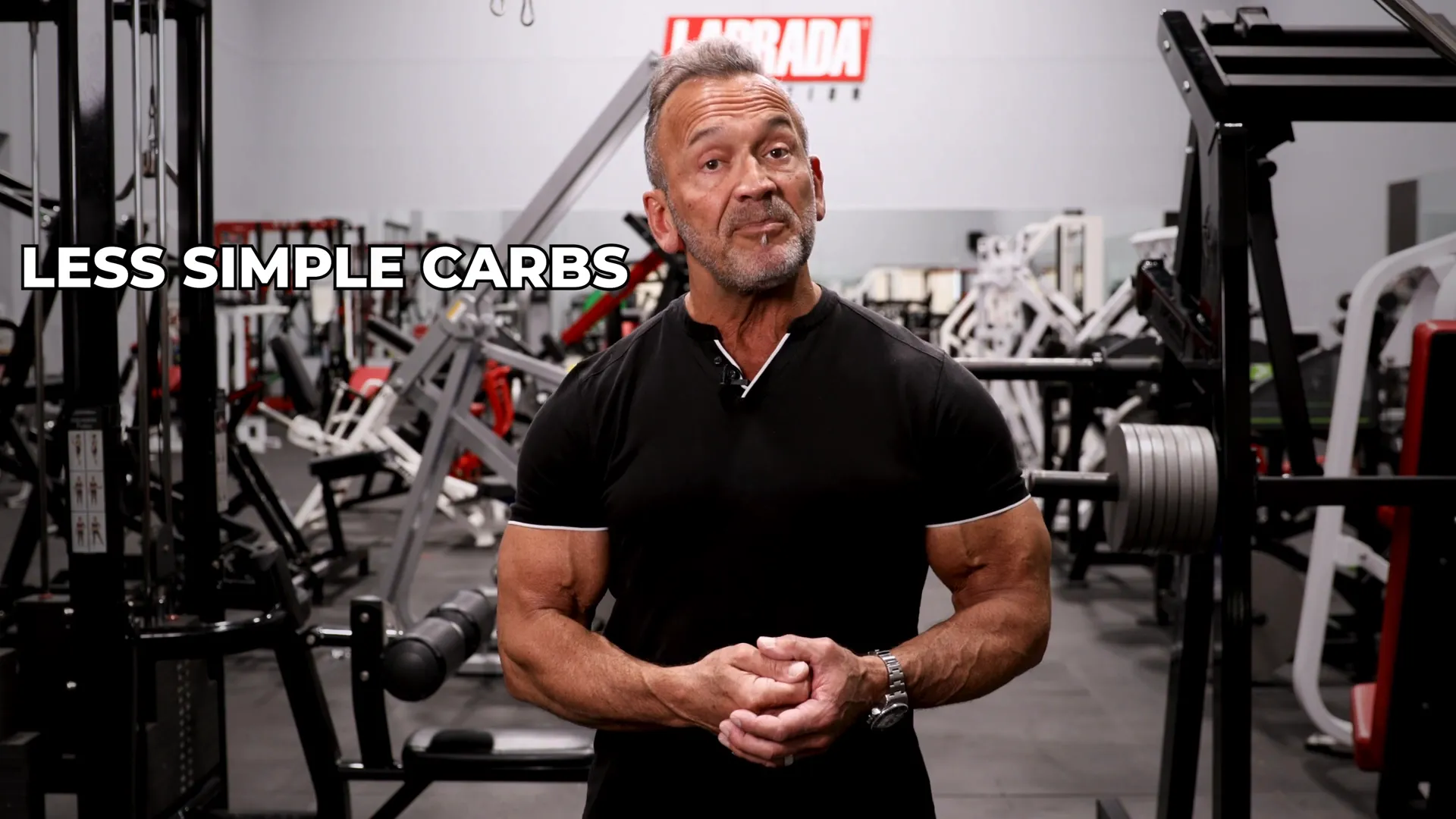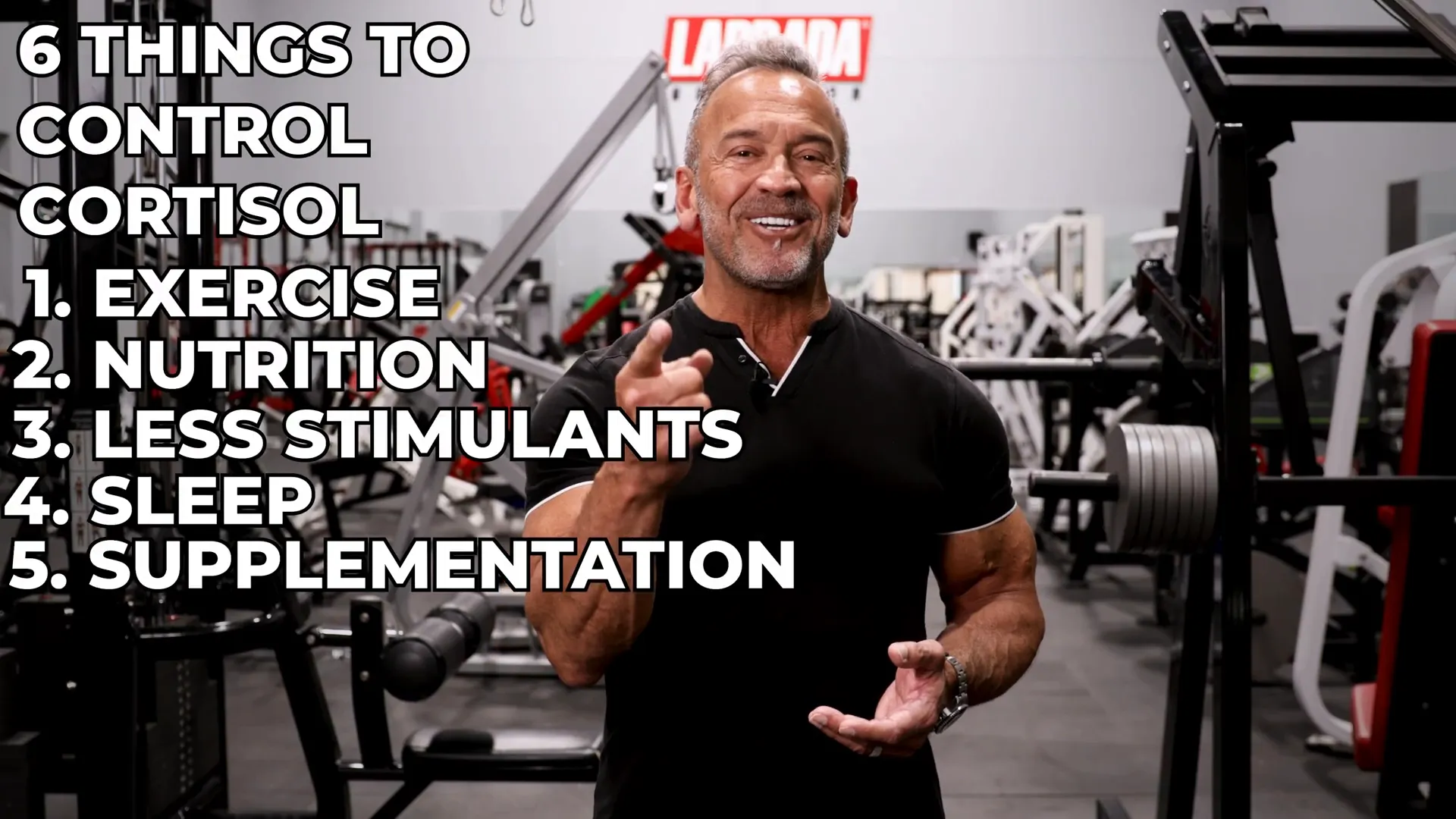The Cortisol Belly: Understanding the Connection Between Stress and Belly Fat

As we journey through our 40s, 50s, and beyond, the battle of the bulge becomes all too familiar for both men and women. Surprisingly, even the fittest individuals can develop a belly despite having visible abs and minimal pinchable fat. Today, let's dive into six effective strategies to reduce the stress hormone cortisol and tackle that stubborn belly fat.

Understanding Fat Types: Subcutaneous vs. Visceral
It's crucial to differentiate between the two primary types of fat in our body: subcutaneous and visceral fat. Subcutaneous fat is located just beneath the skin, the kind you can pinch. Visceral fat, however, resides within the abdomen, surrounding internal organs. While some visceral fat is necessary for protection and insulation, excessive amounts can expand your waistline and pose health risks.

Why Visceral Fat is Dangerous
Visceral fat is more than just a belly-bulge culprit; it releases inflammatory compounds called cytokines. Increased visceral fat correlates with higher inflammation levels in the body, which can lead to diseases, arterial and lung tissue swelling, and even cancer. This fat accumulates due to a calorie surplus or a sedentary lifestyle, but stress hormones, particularly cortisol, also play a significant role.
How Cortisol Contributes to Belly Fat
Cortisol, known as the stress hormone, not only increases fat storage but also elevates blood sugar levels and decreases cognitive function. Essentially, stress can lead to increased belly fat. But don't worry; there are ways to control cortisol levels and reduce visceral fat.

Six Ways to Combat Cortisol and Belly Fat
1. Exercise Regularly
Any exercise is better than none, but resistance training with weights is particularly effective. It builds muscle, lowers blood sugar, reduces cortisol, and decreases visceral fat. Exercise is one of the quickest ways to burn off cortisol.
2. Maintain Proper Nutrition
Stay lean by eating small, frequent meals throughout the day, focusing on high-protein foods. Avoid simple carbohydrates to help keep cortisol and belly fat in check.

3. Monitor Stimulant Intake
Be cautious with stimulants like energy drinks or coffee, which can increase cortisol levels. While caffeine might be beneficial pre-workout, try switching to black tea during the day for lower cortisol levels.
4. Prioritize Sleep
Adequate sleep is essential for recovery and stress reduction. Aim for at least eight hours of uninterrupted sleep to manage cortisol and belly fat effectively.

5. Consider Supplements
Supplements like vitamin C, phosphatidylserine, and whey protein can positively impact cortisol metabolism. Whey protein, in particular, boosts serotonin and tryptophan levels, countering stress hormones.
6. Manage Stress Levels
Adopt stress-reducing practices such as stepping away from electronics before bedtime, listening to nature sounds or music, and limiting alcohol intake. Remember, it's all small stuff, so take a deep breath and relax.

Watch the Video
Q&A: Understanding Cortisol Belly
- What is cortisol?
Cortisol is a stress hormone that affects fat storage, blood sugar levels, and cognitive function.
- Why is visceral fat dangerous?
Visceral fat increases inflammation in the body, which can lead to diseases and other health issues.
- How does stress contribute to belly fat?
Stress elevates cortisol levels, which can lead to increased fat storage, particularly around the abdomen.
- What type of exercise is most effective for reducing cortisol?
Resistance training with weights is highly effective in reducing cortisol and visceral fat.
- How can I manage my diet to reduce cortisol?
Focus on eating small, frequent meals with high protein and avoid simple carbohydrates.
- Are there any supplements that help with cortisol levels?
Yes, supplements like vitamin C, phosphatidylserine, and whey protein can help manage cortisol.
- How important is sleep in managing cortisol?
Sleep is crucial, as inadequate sleep can lead to increased cortisol and belly fat.
- What role do stimulants play in cortisol levels?
Stimulants like caffeine can increase cortisol levels, so it's best to consume them in moderation.
- Can lifestyle changes impact cortisol levels?
Yes, managing stress through lifestyle changes like reducing screen time and practicing relaxation techniques can lower cortisol.
- Why should I consider black tea over coffee?
Black tea results in lower cortisol levels compared to coffee, making it a better choice for stress management.
For more information, you can visit Stress Can Make You Fat | The Cortisol & Belly Fat Connection and How to Control It
